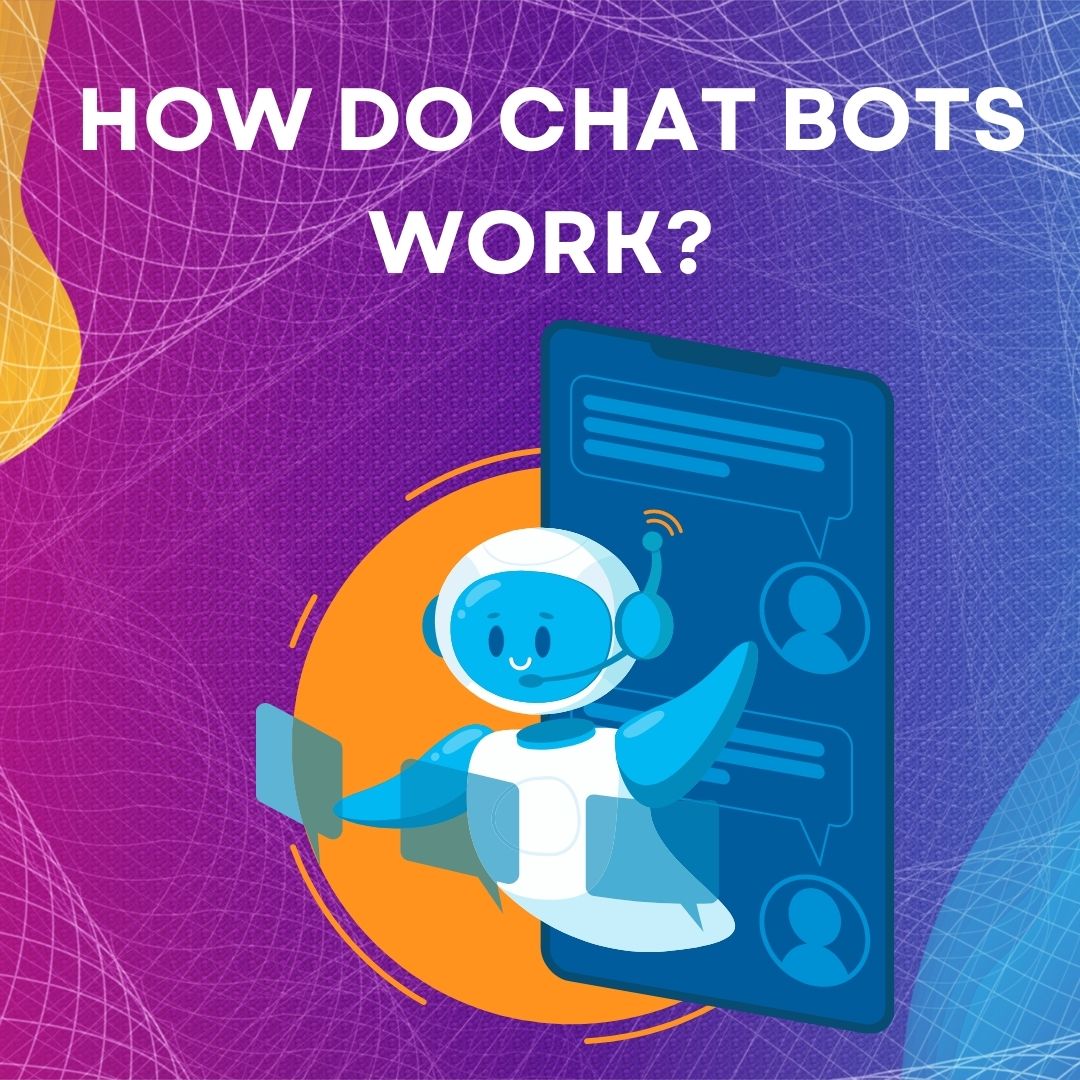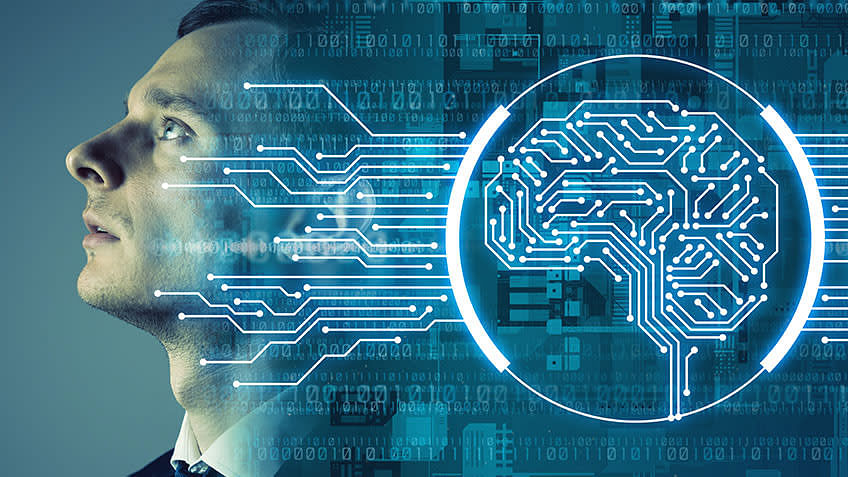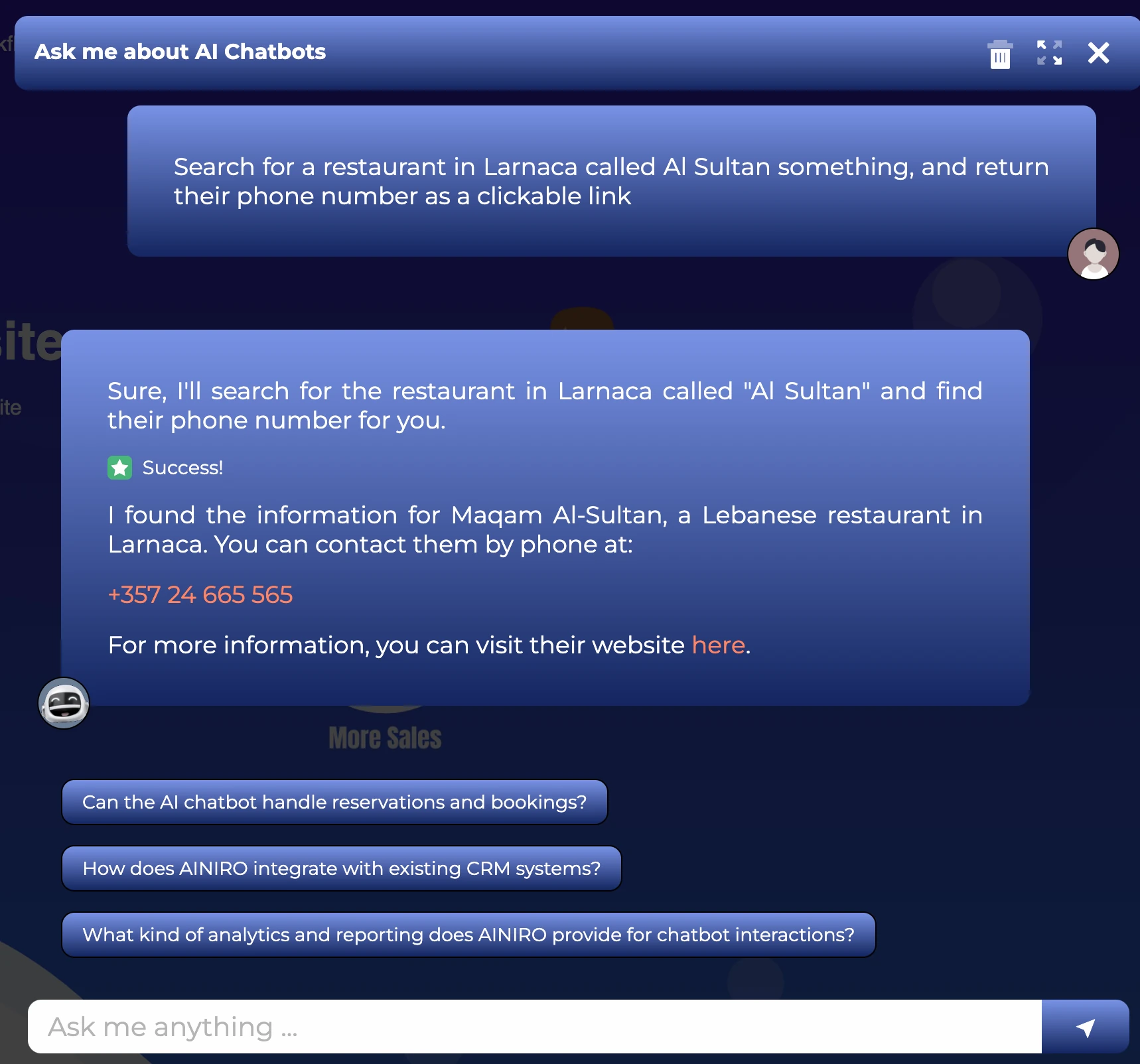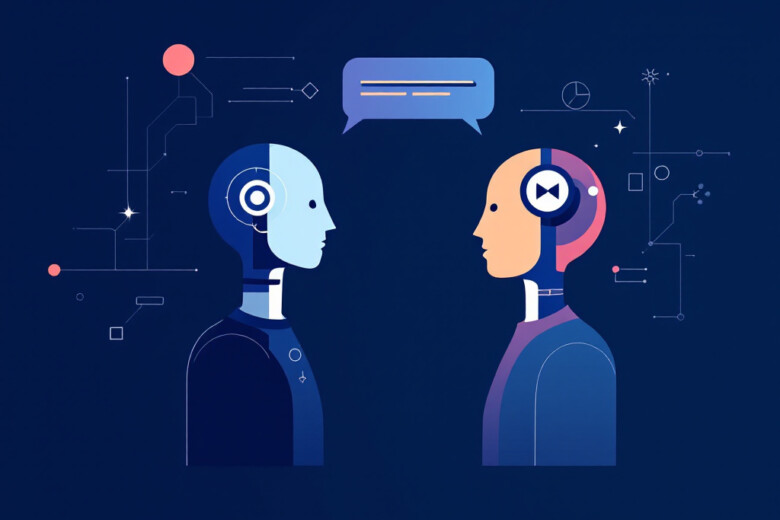The world of artificial intelligence is evolving rapidly, and at the forefront of this revolution are AI agents and chatbots. While both technologies aim to enhance human-computer interaction, they differ significantly in their capabilities and applications. AI agents represent a leap forward in conversational AI, offering more robust and adaptable solutions compared to traditional chatbots. But what exactly sets them apart?
AI agents are advanced systems designed to understand, learn, and perform complex tasks based on specific goals. Unlike their predecessors, these intelligent entities don’t simply follow pre-programmed scripts. Instead, they leverage sophisticated algorithms and machine learning techniques to adapt their responses and actions based on context, past interactions, and evolving objectives.
Chatbots, on the other hand, have been the go-to solution for automated customer service and basic information retrieval for years. These rule-based systems follow predefined conversation flows, providing scripted responses to user inputs. While effective for handling straightforward queries, chatbots often struggle with nuanced or complex requests that fall outside their programmed parameters.
As we explore this topic further, we’ll examine the key differences between AI agents and chatbots, their respective capabilities, use cases, and potential impact on business operations. We’ll also introduce SmythOS, an innovative platform that harnesses the power of both technologies to create more effective and efficient automated solutions. By understanding these distinctions, businesses can make informed decisions about which technology best suits their needs in the evolving landscape of conversational AI.
Ever Chatted with a Robot?

Ever chatted with a robot? Well, if you’ve used Siri or asked a question on a company website, chances are you have! Chatbots are like digital assistants – computer programs designed to chat with humans. But don’t expect sparkling conversation. These virtual helpers operate more like choose-your-own-adventure books than actual people.
Here’s how they typically work: You type in a question, and the chatbot scans for keywords. Then it follows a pre-programmed ‘decision tree’ to figure out how to respond. For basic stuff like “What are your store hours?” chatbots can be pretty handy. They’re available 24/7 and can handle lots of simple customer questions without a human needing to get involved.
But chatbots have their limits. Ask something tricky or use slang, and you might confuse the poor bot. Unlike humans, they can’t read between the lines or pick up on context clues. And forget about them learning from past chats – that’s beyond their programming.
So while chatbots are great for handling straightforward tasks, they’re not replacing human customer service agents anytime soon. For anything complex or nuanced, you’ll still want to talk to a real person. After all, empathy and creative problem-solving are still uniquely human skills – at least for now!
AI Agents: Revolutionizing Business Interactions

AI agents represent a significant leap forward from traditional chatbots, offering a level of sophistication that transforms how businesses interact with technology. Unlike their simpler counterparts, AI agents possess the remarkable ability to understand and generate natural language, enabling them to engage in more nuanced and context-rich conversations.
At the core of AI agents’ capabilities lies their use of advanced machine learning models. These models allow agents to process and analyze vast amounts of information, learning and adapting from each interaction. This continuous learning process means AI agents become more effective over time, fine-tuning their responses and decision-making abilities.
One of the most striking features of AI agents is their capacity for autonomous decision-making. They don’t simply follow pre-programmed scripts but can evaluate situations, weigh options, and choose the best course of action. This level of autonomy makes them invaluable in complex business environments where quick, informed decisions are crucial.
AI agents excel in performing a wide array of complex tasks. From intricate problem-solving to generating code and providing detailed customer support, these versatile tools are reshaping various business operations. For instance, in customer service, an AI agent can handle intricate queries, understanding context and nuance to provide more accurate and helpful responses than a traditional chatbot.
The applications of AI agents in business settings are vast and growing. They are being deployed in areas such as:
- Financial services for risk assessment and fraud detection
- Healthcare for patient triage and treatment recommendations
- Manufacturing for predictive maintenance and quality control
- Retail for personalized shopping experiences and inventory management
As AI technology continues to evolve, we can expect AI agents to become even more integral to business operations, driving efficiency, innovation, and competitive advantage across industries.
Key Differences Between AI Agents and Chatbots
When it comes to artificial intelligence in business, AI agents and chatbots are often confused. However, these technologies have some key differences in their capabilities, learning processes, and real-world applications. Let’s explore how AI agents and chatbots stack up against each other.
Capabilities
Chatbots rely on scripted responses to handle basic queries. They are like digital FAQ machines, great for answering common questions but limited in their abilities. AI agents, on the other hand, can tackle complex tasks autonomously. They are more like digital assistants that can make decisions and take actions on their own.
For example, a chatbot on an e-commerce site might help you track an order or find a product. An AI agent could analyze your past purchases, recommend new items you might like, and even place orders for you.
Learning Processes
One of the biggest differences is how these technologies learn and improve over time:
- Chatbots typically do not learn from interactions. Their responses are pre-programmed and stay the same unless manually updated.
- AI agents use machine learning to continuously improve. They learn from each interaction, getting smarter and more helpful over time.
Imagine talking to a friend who never remembers your previous conversations (chatbot) versus one who recalls past chats and uses that context in future interactions (AI agent).
Applications
The applications for chatbots and AI agents vary based on their capabilities:
| Chatbots | AI Agents |
|---|---|
| Customer support FAQs | Personalized shopping assistants |
| Basic appointment scheduling | Intelligent healthcare diagnostics |
| Simple information retrieval | Complex data analysis and insights |
While chatbots excel at handling routine inquiries, AI agents shine in scenarios requiring deeper understanding and decision-making.
AI agents are like smart interns that learn on the job, while chatbots are more like robotic customer service reps following a script. Both have their place, but AI agents are the future of intelligent automation. #AITech #FutureOfWork
In conclusion, while both chatbots and AI agents have their place in modern business, AI agents represent a significant leap forward in capability and potential. As AI technology continues to advance, we can expect to see even more impressive applications of AI agents across various industries.
AI Agents: Transforming Business Operations
AI agents are revolutionizing business operations, offering significant advantages over traditional chatbots. These intelligent systems bring a new level of sophistication to automated interactions and processes. Let’s explore how AI agents are changing the game for businesses.
First and foremost, AI agents excel in contextual understanding. Unlike basic chatbots that follow rigid scripts, AI agents can grasp the nuances of complex queries and conversations. This allows them to provide more accurate and helpful responses, greatly enhancing the user experience.
Another key advantage is their ability to learn from data. AI agents continuously improve their performance by analyzing past interactions and outcomes. This means they get smarter over time, adapting to new situations and refining their decision-making processes.
The versatility of AI agents is truly remarkable. They can handle a wide range of tasks, from customer service inquiries to complex data analysis. This flexibility makes them valuable assets across various departments within an organization.
By automating intricate processes, AI agents significantly boost operational efficiency. They can quickly sift through vast amounts of data, identify patterns, and execute actions based on predefined criteria. This speed and accuracy lead to substantial time and cost savings for businesses.
Perhaps one of the most exciting benefits is the ability to deliver personalized experiences at scale. AI agents can tailor their interactions based on individual user preferences and history, creating a more engaging and satisfying customer journey.
AI agents are not just tools; they are transformative assets that can revolutionize how businesses operate and engage with customers.
For businesses looking to optimize their workflows, AI agents offer unparalleled opportunities. They can streamline complex tasks, reduce human error, and free up employees to focus on higher-value activities. This leads to improved operational productivity across the board.
In conclusion, the advantages of AI agents extend far beyond simple automation. Their contextual understanding, learning capabilities, and versatility make them powerful allies in today’s competitive business landscape. As these technologies continue to evolve, we can expect even more innovative applications that drive efficiency and growth.
Embracing AI agents isn’t just about keeping up with technology—it’s about unlocking new possibilities for your business.
How SmythOS Utilizes AI Agents and Chatbots
SmythOS revolutionizes business operations by enabling the creation of two powerful types of AI: brand agents and process agents. This innovative platform makes building specialized AI skills accessible without extensive coding knowledge.
Brand agents are designed to engage customers through conversational interfaces. They can power chatbots, voice assistants, and other customer-facing tools. These AI helpers excel at tasks like:
- Answering product questions
- Providing personalized recommendations
- Assisting with purchases
- Offering 24/7 customer support
Process agents, on the other hand, work behind the scenes to streamline internal workflows. They can automate repetitive tasks, analyze data, and coordinate complex business processes. Some key capabilities include:
- Processing and categorizing documents
- Generating reports
- Managing inventory
- Scheduling appointments
SmythOS’s visual workflow builder makes it easy to design and deploy both types of agents. Users can drag and drop components to create sophisticated AI workflows without writing code. This intuitive interface empowers subject matter experts to embed their knowledge directly into AI systems.
SmythOS uniquely combines any AI model, tool, workflow, and data source into a cohesive, scalable, and secure system.
Alexander De Ridder, CTO of SmythOS
By leveraging both brand and process agents, businesses can transform customer interactions while simultaneously optimizing internal operations. This dual approach to AI-driven automation unlocks new levels of efficiency and innovation across the enterprise.
As AI technology continues to advance, SmythOS provides a flexible foundation for businesses to stay ahead of the curve. By making AI agent development accessible and scalable, the platform empowers organizations to harness the full potential of artificial intelligence.
SmythOS revolutionizes business with AI agents: Brand agents for stellar customer engagement, process agents for streamlined operations. No coding needed – just drag, drop, and innovate! #AITransformation #SmythOS
Understanding AI Agents and Chatbots

Understanding the nuances between AI agents and chatbots is a strategic imperative for businesses aiming to stay competitive in today’s digital landscape. While chatbots handle routine inquiries and tasks efficiently, AI agents offer sophisticated problem-solving capabilities for more complex scenarios.
SmythOS emerges as a game-changer, providing a robust platform that integrates both chatbots and AI agents into existing business workflows. By leveraging SmythOS, companies can deploy these technologies with unprecedented ease, driving productivity to new heights and elevating customer satisfaction.
The true power lies in the synergy between these tools. Imagine a customer service ecosystem where chatbots handle initial inquiries, freeing up human agents for more nuanced interactions, while AI agents analyze data patterns and suggest process improvements. This is a reality that SmythOS is making possible today.
The question isn’t whether to adopt AI agents and chatbots, but how quickly and effectively businesses can integrate them. With SmythOS, the barrier to entry has been significantly lowered, allowing organizations of all sizes to harness AI automation. The result? More efficient operations, happier customers, and a competitive edge that could define the market leaders of tomorrow.
In conclusion, the journey towards AI-driven business operations is about embracing a new mindset. It’s about seeing the potential in every interaction, data point, and process. With tools like SmythOS, we are not just optimizing workflows; we are reimagining what’s possible. The future of business is here, powered by the intelligent integration of AI agents and chatbots. Are you ready to lead the charge?
